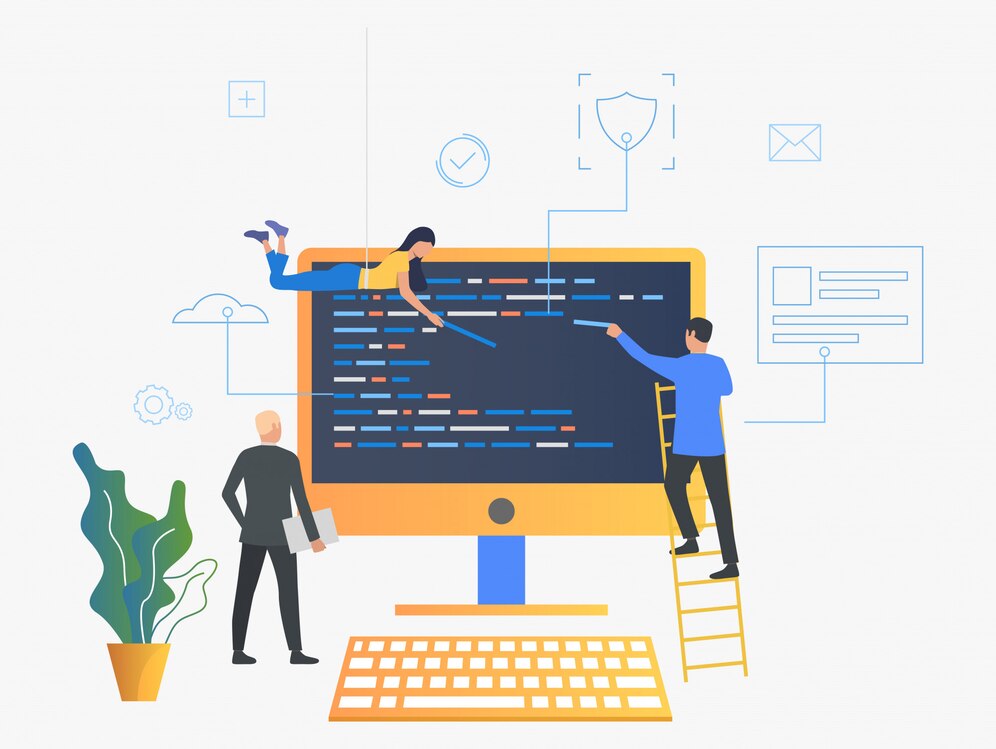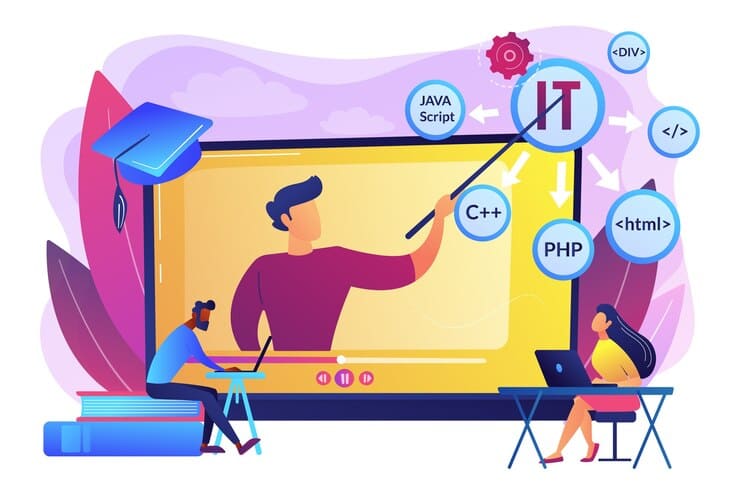Unveiling the Power of Practical Training in IT Education:
Theoretical knowledge alone sometimes falls short in the fast-paced world of information technology. Practical training, an essential component of IT education, bridges the gap between theory and real-world application. In this blog, we will discuss the value of hands-on experience in developing competent and industry-ready IT employees.
Bridging the Gap Between Theory and Application:
Theoretical understanding is the basis of the evolving IT landscape. However, it is the application of this knowledge in real-world circumstances that confirms understanding and prepares them for the problems that they will face in their professional careers.
Realizing the Power of Problem Solving:
Practical training develops ambitious IT workers problem-solving skills. Students experience obstacles similar to those they would face in their professions in a virtual setting. This promotes a proactive attitude toward troubleshooting and stimulates inventive thinking, both of which are essential in the IT industry.
Enhancing Skill Proficiency:
Practical training honed the technical abilities required by the IT industry, from coding and programming to network configuration and cybersecurity. It provides a platform for students to apply theoretical principles, making them into knowledgeable practitioners capable of navigating a variety of IT settings.
Cultivating Team Collaboration:
Collaboration is essential in the professional IT sphere. Practical training frequently incorporates teamwork, giving students first-hand experience with the collaborative dynamics that exist in real-world projects. This improves their interpersonal skills while also preparing them for the collaborative nature of IT tasks in the workplace.
Adapting to Technological Evolution:
The information technology industry is synonymous with rapid technical evolution. Practical training guarantees that students are not only familiar with current technology, but also able to adjust to emerging ones. This agility is essential for IT employees as they negotiate ever-changing environments.
Fostering Confidence and Professionalism:
Students gain confidence in their talents when they actively participate in practical assignments and projects. This assurance extends beyond technical competence to include professionalism, communication, and a comprehensive awareness of the IT environment.
Industry Relevance and Employability:
IT employers prefer applicants with hands-on experience. Practical training not only makes graduates more appealing to potential employers, but it also increases their employability quotient dramatically, giving them a competitive advantage in the labor market.
To summarize, including practical training in IT education is more than an enhancement; it is a requirement. It is the link that connects prospective IT enthusiasts to industry-ready professionals, armed not just with academic knowledge but also with the practical skills needed to manage the intricacies of the IT sector. As education advances, the value of hands-on experience in IT education remains a constant and critical aspect in developing tomorrow’s IT workers.







